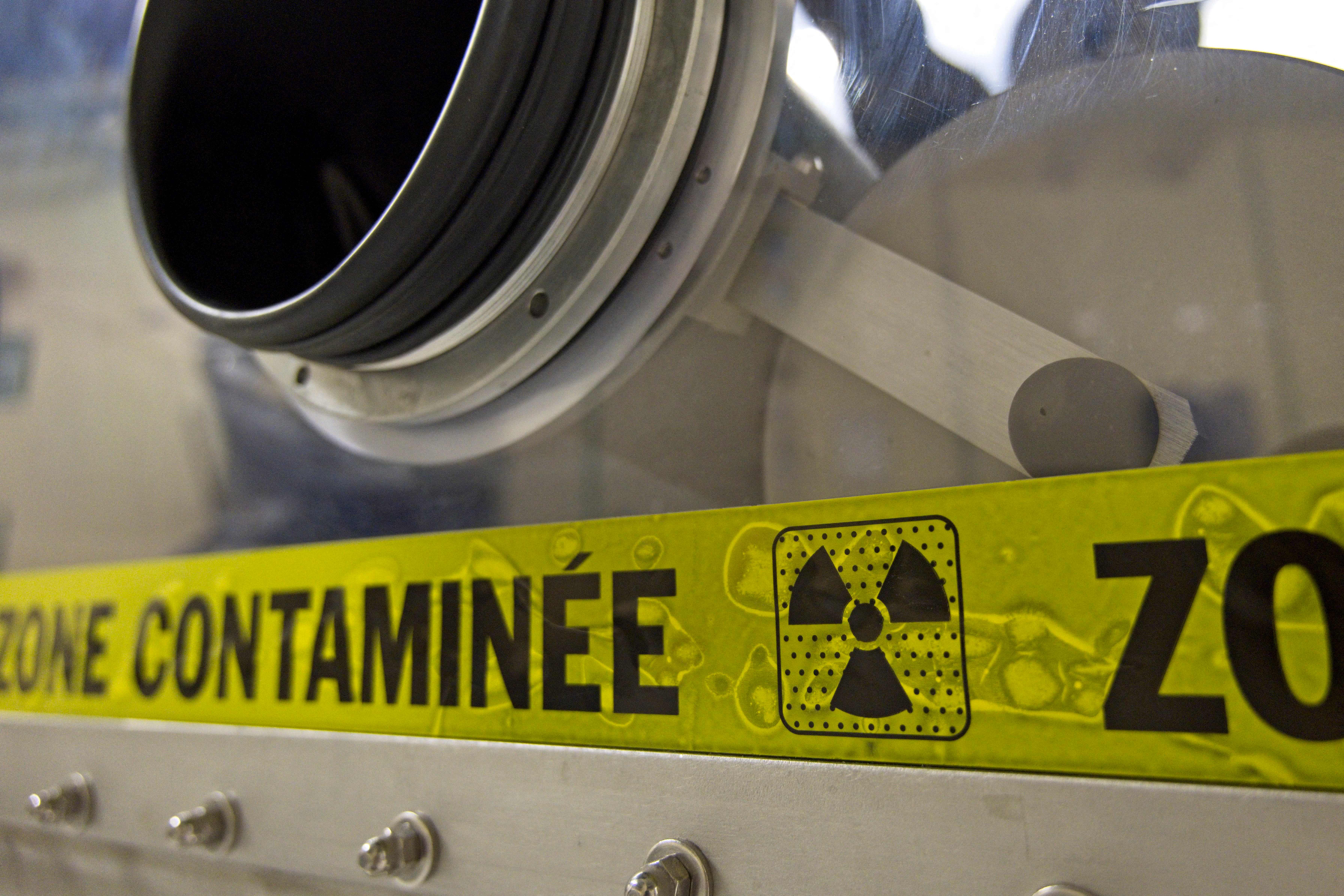Australian mining company apologises for losing highly radioactive capsule on 1,400km stretch of road
Caesium-137 source emits a radiation amount that is equal to receiving 10 X-rays in an hour

The mining corporation handling the transportation of a highly radioactive capsule that went missing over a 1,400 km-long stretch of road in Western Australia has issued an apology for “causing an alarm” in the community.
“We recognise this is clearly very concerning and are sorry for the alarm it has caused in the Western Australian community,” said Simon Trott, chief executive of mining giant Rio Tinto Iron Ore on Sunday.
“As well as fully supporting the relevant authorities, we have launched our own investigation to understand how the capsule was lost in transit,” he said.
He added that the contractor was qualified to transport the device and had been confirmed being on board the truck by a Geiger counter prior to leaving the mine.
Authorities have been combing parts of the road looking for the tiny, but heavily dangerous and radioactive capsule.
The caesium-137 ceramic source, commonly used in radiation gauges, emits dangerous amounts of radiation, equivalent to receiving 10 X-rays in an hour.
The capsule could cause skin burns and prolonged exposure could cause cancer.
Officials said the capsule was part of a device believed to have fallen off a truck while being transported between a desert mine site and the city of Perth earlier this month.
The small Caesium-137 capsule was reported missing more than two weeks after being transported from the mining site. The truck reportedly carrying the capsule arrived at a Perth depot on 16 January, following which the emergency services were notified of the missing capsule on 25 January.
Western Australia emergency services have called on other Australian states and the federal government for help in finding the capsule as they lack equipment. The capsule measures 8 by 6mm (0.31 inches by 0.24 inches), and people have been warned it could have unknowingly become lodged in their car’s tires.
Western Australia’s Department of Fire and Emergency Services confirmed the capsule had gone missing on Friday, two days after they were notified by Rio Tinto.
An alert was sounded for a “radioactive substance risk” in several areas, the department of fire and emergency services said.
Police determined the incident to be an accident and no criminal charges are likely.
Join our commenting forum
Join thought-provoking conversations, follow other Independent readers and see their replies
Comments




Bookmark popover
Removed from bookmarks